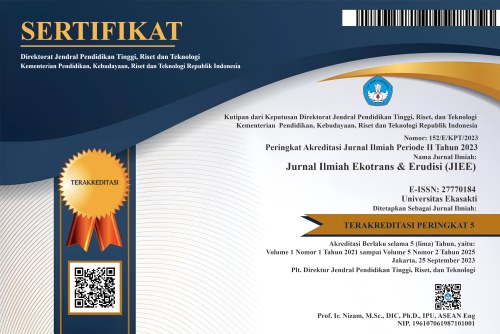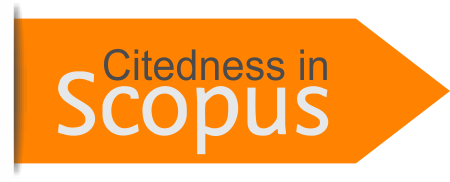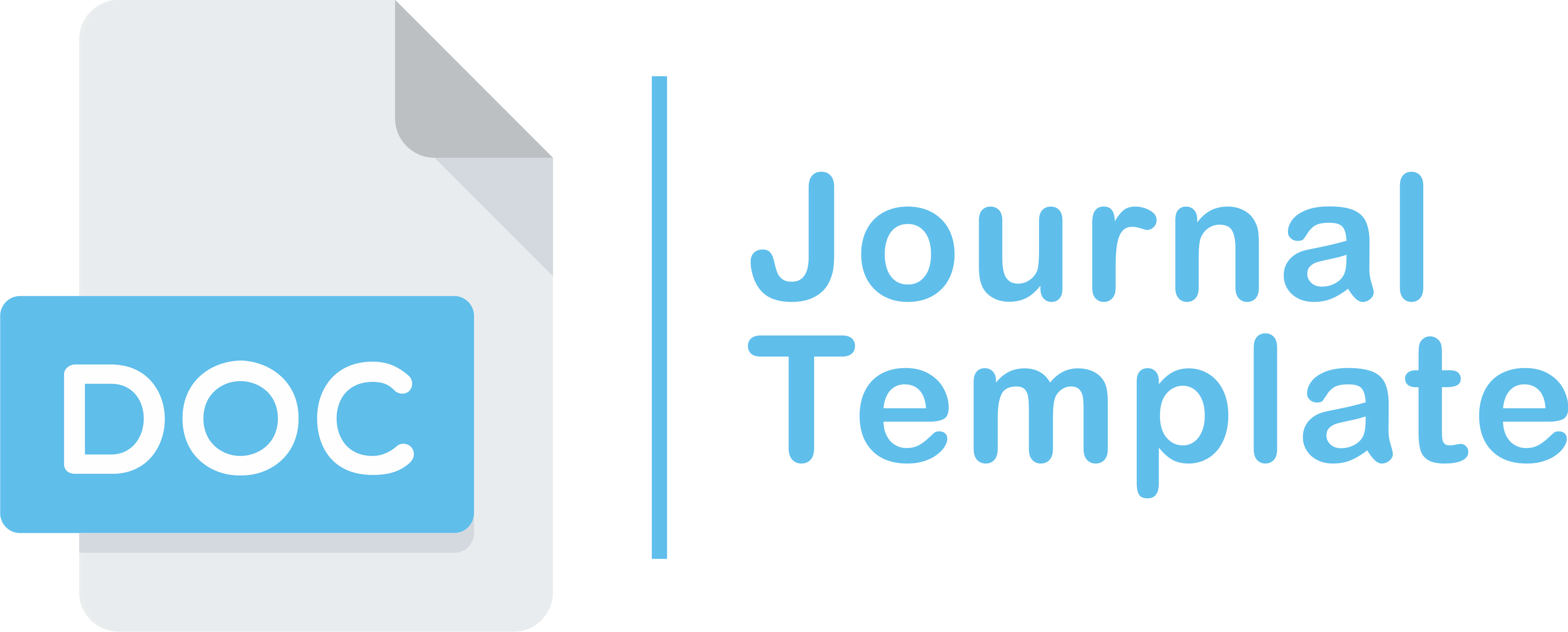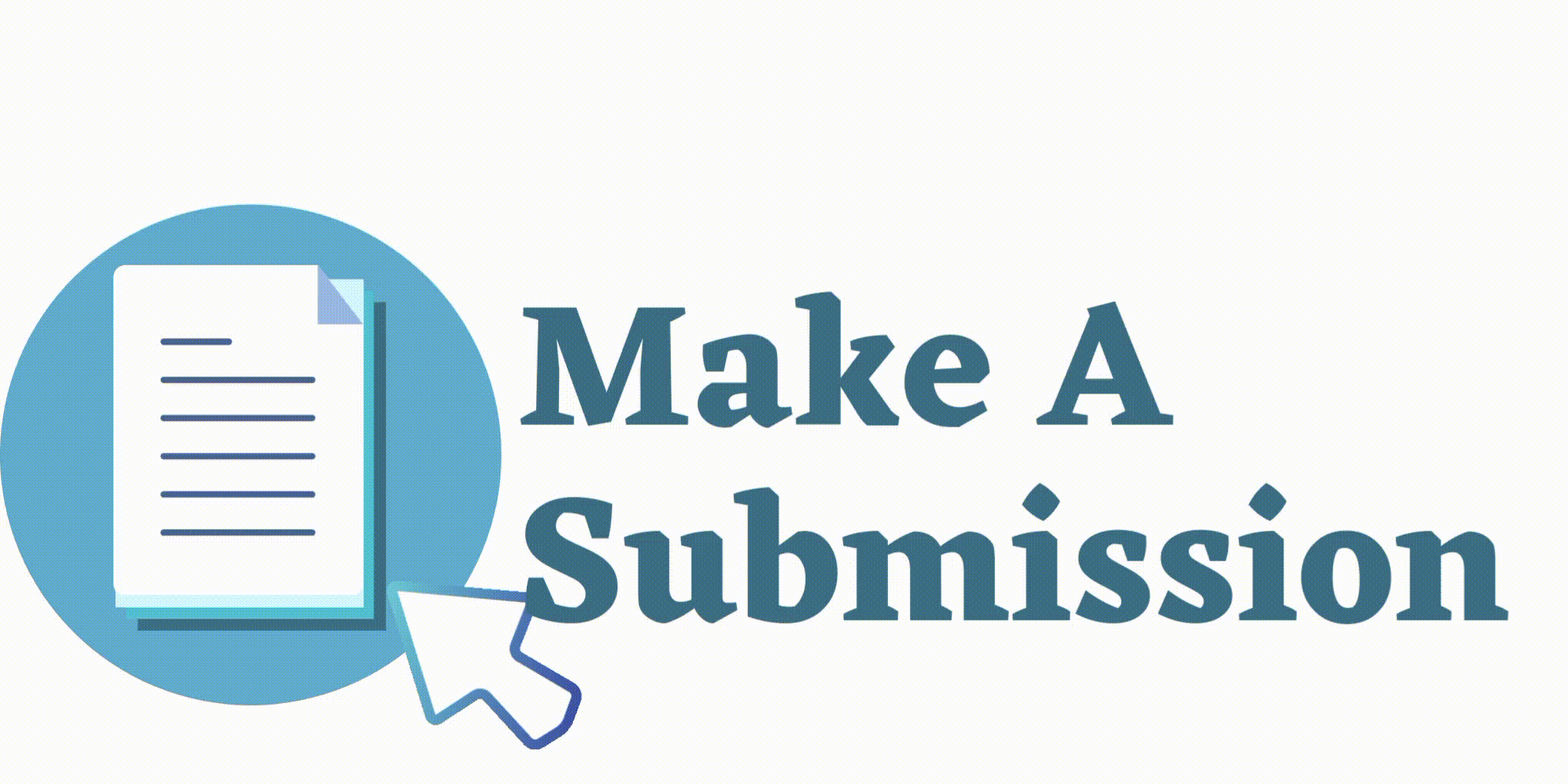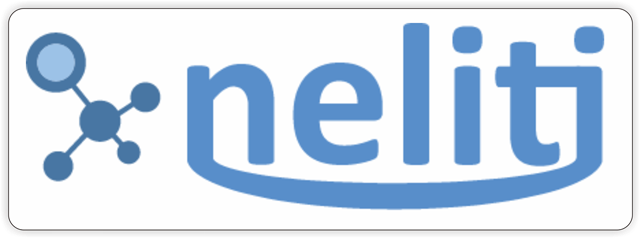Analysis of the Influence of Self Efficacy on Subjective Wellbeing Mediated by Organizational Crisis Preparedness in SMEs in West Sumatra
DOI:
https://doi.org/10.69989/9d16pw05Keywords:
Self efficacy, Organization Crisis Preparedness, Subjective Wellbeing, HappinessAbstract
This study was conducted to determine the effect of learning behaviour from failure on subjective well-being through organizational crisis preparedness as a mediating variable. The method used in this study is quantitative, data collection with questionnaires, sampling was carried out by convenience sampling with a sample of 216 people but 200 questionnaires were returned. The data analysis technique used a structural equation model (SEM) with the help of SmartPLS. The results obtained from this study indicate a positive relationship between self-efficacy and subjective wellbeing and have a significant effect. The mediation analysis found that there was no mediation effect through organizational crisis preparedness on self-efficacy with subjective well-being.
Downloads
References
Bacon, N., Brophy, M., Mguni, N., Mulgan, G., & Shandro, A. (2010). The State of Happiness Can public policy shape people’s wellbeing and resilience? About the Young Foundation The Local Wellbeing Project. www.youngfoundation.org
Bandura, A. (1977). Self-efficacy: Toward a Unifying Theory of Behavioral Changen. Psychological Review Vol. 84, No. 2, 191-215
Beutell, N. J. (2010). Work schedule, work schedule control and satisfaction in relation to work?family conflict, work?family synergy, and domain satisfaction. Career Development International, 15(5), 501–518.
Carmeli, A., & Schaubroeck, J. (2008). Organisational Crisis-Preparedness: The Importance of Learning from Failures. Long Range Planning, 41(2), 177–196.
Diener, E., Emmons, R. A., Larsen, R. J., & Griffin, S. (1985). The Satisfaction With Life Scale. Journal of Personality Assessment, 49(1), 71–75.
Eager, Bronwyn., Maritz, A., & Grant, S. (2015). Entrepreneurs and the stress-coping-strain process: how relevant are existing theoretical frameworks?
Eryilmasz, A. (2015). Investigation of the relations between religious activities and subjective well-being of High School Students. Educational Sciences: Theory & Practice, 15(2): 433-444. DOI 10.12738/estp.2015.2.2327.
Hair Jr, J. F., Black, W. C., Babin, B. J., & Anderson, R. E. (2014). Multivariate Data Analysis (Seventh Ed). Harlow: Pearson New International Edition
Hosie, P., Sharma, P., & Kingshott, R. P. J. (2019). “Happy-performing managers” thesis. International Journal of Manpower
Jenkins, A. S., Wiklund, J., & Brundin, E. (2014). Individual responses to firm failure: Appraisals, grief, and the influence of prior failure experience. Journal of Business Venturing, 29(1), 17–33. doi:10.1016/j.jbusvent.2012.10.006
Kollmann, T., Stöckmann, C., & Kensbock, J. M. (2018). I can’t get no sleep—The differential impact of entrepreneurial stressors on work-home interference and insomnia among experienced versus novice entrepreneurs. Journal of Business Venturing. doi:10.1016/j.jbusvent.2018.08.001
Leung, A. S. M., Ha Cheung, Y., & Liu, X. (2011). The relations between life domain satisfaction and subjective well?being. Journal of Managerial Psychology, 26(2), 155–169. https://doi:10.1108/02683941111102182
Lyubomirsky, Sonja., & Kurtz, Jaime. 2008. Positively Happy Routes to Sustainable Happiness A Six Week Course. London: British Library
Mahesa, Aditya Dion. & Rahardja, Edy. (2012). Analisis Faktor-Faktor Motivasi Yang Mempengaruhi Minat Berwirausaha. 1(1), 130-137.
Marques, J. F. (2017). Oh, what happiness! Finding joy and purpose through work. Development and Learning in Organizations: An International Journal, 31(3), 1–3. https://doi.org/10.1108/DLO-11-2016-0108
McCormick, J., & Barnett, K. (2011). Teachers’ attributions for stress and their relationships with burnout. International Journal of Educational Management, 25(3), 278–293.
Park, Sejin. 2016. Development and Validation of a Crisis Self-Efficacy Scale.
Pryce Jones, J. (2010). Happiness at Work: Maximizing Your Psychological Capital For Success. DOI: 10.1002/9780470666845
Sapmaz, F., Y?ld?r?m, M., Topçuo?lu, P., Nalbant, D., & S?z?r, U. (2016). Gratitude, Forgiveness and Humility as Predictors of Subjective Well-being among University Students. International Online Journal of Educational Sciences, 8 (1), 38-47
Sekaran, U., & Bougie, R. (2013). Research Methods for Business?: A Skill Building Approach (Seventh Ed). New York: Wiley.
Walsh, L. C., Boehm, J. K., & Lyubomirsky, S. (2018). Does Happiness Promote Career Success? Revisiting the Evidence. Journal of Career Assessment, 26(2), 199–219. http://dx.doi.org/10.1177/1069072717751441
Downloads
Published
Issue
Section
License
Copyright (c) 2023 Azzukhruf Ariliusra (Author)

This work is licensed under a Creative Commons Attribution-ShareAlike 4.0 International License.
Copyright Notice
An author who publishes in the journal "Jurnal Ilmiah Ekotrans & Erudisi" agrees to the following terms:
Author retains the copyright and grants the journal the right of first publication of the work simultaneously licensed under the Creative Commons Attribution-ShareAlike 4.0 License that allows others to share the work with an acknowledgement of the work's authorship and initial publication in this journal
Author is able to enter into separate, additional contractual arrangements for the non-exclusive distribution of the journal's published version of the work (e.g., post it to an institutional repository or publish it in a book) with the acknowledgement of its initial publication in this journal.
Author is permitted and encouraged to post his/her work online (e.g., in institutional repositories or on their website) prior to and during the submission process, as it can lead to productive exchanges, as well as earlier and greater citation of the published work (See The Effect of Open Access).
All materials in this site are protected by the law. It is prohibited to quote a part of or all of this website contents for commercial purposes without the permission or consent of the editors.
If anyone finds one article or more in this journal violate or potentially violate one’s copyrights, please report to us through e-mail of Principle Contact.
Legal-formal aspects of accessing any information and manuscript in this journal website refer to the provision of license Creative Commons Attribution-Share Alike (CC BY-SA). Read more about the Creative Commons Attribution-ShareAlike 4.0 Licence here: https://creativecommons.org/licenses/by-sa/4.0/.
All information available in 'Jurnal Ilmiah Ekotrans & Erudisi' is academic in nature. 'Jurnal Ilmiah Ekotrans & Erudisi' is not responsible for loss due to the abuse of information in the website.
Information
Notice about change in the copyright policy of the journal 'Jurnal Ilmiah Ekotrans & Erudisi' : "From Volume 1, Nomor 1 onwards the copyright of the article published in the journal 'Jurnal Ilmiah Ekotrans & Erudisi' will be retained by the author"
Privacy Statement
The names and email addresses entered in this journal site will be used exclusively for the stated purposes of this journal and will not be made available for any other purpose or to any other party.


















